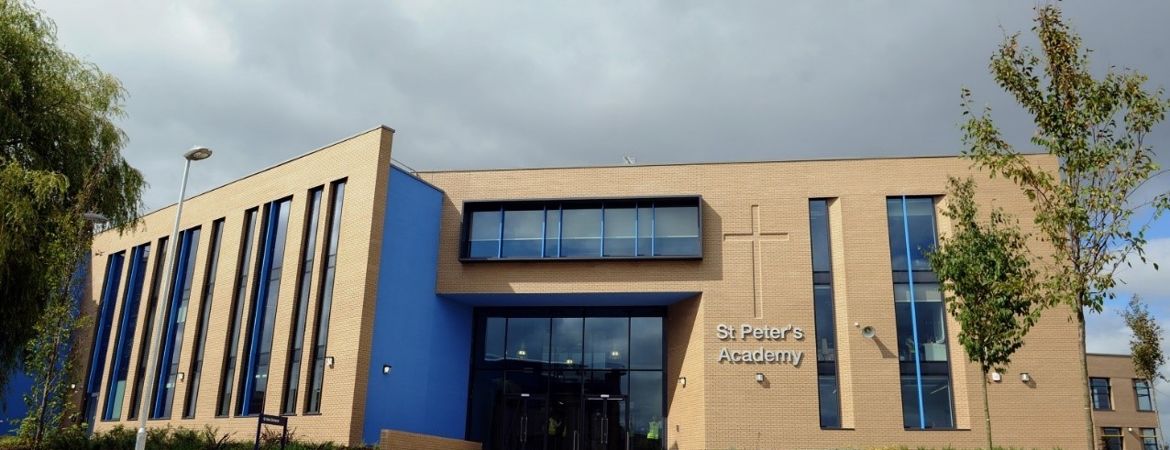- Home
- Key Information
- Dyslexia Awareness
Dyslexia Awareness
Identifying Dyslexia
Signs of dyslexia usually become more obvious when children start school and begin to focus on reading and writing.
The signs of dyslexia in one student can be very different to the signs in another.
Below are areas which students may find difficult.
Phonological awareness –
This means the student struggles to understand and use individual sounds. Sometimes struggling with the following:
- Confusing vowel sounds.
- Recognising words that rhyme.
- Chunking words into syllables.
- Blending sounds into a whole word.
Difficulty with spelling –
- Spelling words as they sound, e.g. wont instead of want
- Mixing up the sequence of letters, e.g. hlep instead of help
- Reversing the sequence of letters, e.g. was instead of saw
- Missing out a letter, e.g. wich instead of which
- Using the wrong letter, e.g. showt instead of shout
- Adding an extra letter, e.g. whent instead of went
- Using a ‘t’ instead of ‘ed’, e.g. lookt instead of looked
- Can’t remember when to use ‘ck’ or ‘ke’ at the end, e.g. lick instead of like
Mathematical difficulties
- Unable to remember times tables and number sequences
A multiplication fact may seem to be learned and then a few days later has been forgotten again.
- Reversing numbers
Dyslexia means you might see 57 but remember it as 75 or write the answer to 6×7 as 24 instead of 42.
Can’t remember what you’ve been told –
- Difficulty carrying out a sequence of directions.
“Get out your book, turn to page 23, read the three pages” Someone with dyslexia might only remember one of these things and have to ask again.
Writing –
- Lots of ideas but has difficulty putting them into writing.
- Taking much longer to write and producing less than other students.
- Writes long rambling sentences with no punctuation.
- Not knowing how to get started.
Reading –
Reading becomes slow when you have to work out every word and it expends so much mental energy and the students have no memory capacity is left to understand what they have read.
- Immediately forgetting what has just been read.
- A slower reading speed.
- Missing out words or skipping lines as they read.
- They have no visual memory for the word and even though they have read it once they do not recognise a few moments later.
Homophones – there – their –
- A homophone sounds the same as another word but is spelled differently. Dyslexics may struggle with homophones due to difficulty learning the names and sounds of letters.
At St Peter’s Academy students take part in a ‘GL Assessment Dyslexia Screener’. The results of the screener are reported on the provision map and sent home to parents/carers.
The Dyslexia Screener is not a full diagnostic assessment, it is a screener. This means its purpose is to identify students who are experiencing difficulties known to be associated with dyslexia, so that we can put in place the appropriate support for these students.
A diagnosis of dyslexia is the result of a SpLD (Specific Learning Difficulty) assessment carried out by SEND services.
'Further SpLD (Specific Learning Difficulty) assessments are offered by SEND services to generate a profile of a student and to determine if their profile is consistent with the characteristics of dyslexia.'
Why is it so important to identify dyslexia?
One in 10 of the population are estimated to have dyslexia, more than 6.3 million in the UK potentially have dyslexia.
Students respond better when they understand and can make sense of their own learning difficulties.
Dyslexia support at St Peter’s Academy;
Students are provided with coloured paper, exercise books or writing pads for all subjects. Every student is provided with an overlay and a second overlay remains in the exam access arrangements folder. Worksheets and assessments can be printed onto specific coloured paper.
Literacy support is in every classroom and subject specific keywords are available.
Intervention programmes offered at the academy;
- Word shark
- Alpha to Omega
- Toe by Toe
- Rising Stars
- Simultaneous oral spelling
- Precision teaching
- Memory games
- Accelerated Reader
- Reading for meaning
- Handwriting and keyboard practice
- David Sharpe- plus 1. Power of 2
- ICT maths programmes e.g. Mangahigh
Number Strategies
Multisensory approaches to teaching.
- Use of coloured whiteboards and markers.
- Students have access to a dictionary and spelling dictionaries are available.
- Students are provided with Literacy mats, commonly used words and Maths mats to support them in lesson.
- Exam access arrangements – A member of SEND services carries out a number of assessments to determine if a student is entitled to an exam access arrangement. These could include; a reader, extra time and/or a scribe.
Reading and Writing strategies
Support for parents/carers;
SEND Services
01782 232538
St Peter’s Academy
Claire Burgess (SENDCo)
01782 882500
SENDIASS
Telephone number: 01782 234701 / 01782 234847
Education Psychologist
Telephone number: 01782 234700
There are a number of other strategies to support students who show traits of or have a diagnosis of dyslexia that can be used by staff at St Peter’s Academy. These strategies are in the full copy of this information found below.



